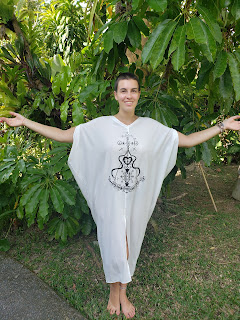Clothes recycling goes curbside as demand rises
Ever toss a stained T-shirt in the trash? So many Americans do that 11.1 million tons of textiles end up in landfills each year. Cities are going curbside to collect even the worn, torn and tattered.
Clothes recycling is going curbside in more U.S. towns as global prices rise for the used apparel, shoes and linens that Americans often toss in the trash.Since September, more than a dozen local governments -- in Arizona, Massachusetts, New Jersey, Pennsylvania and Washington state -- have begun curbside pickup of textiles, often in special bags next to bins containing paper and cans. New York City has put clothing collection bins in nearly 250 apartment buildings in the last two years.
Businesses, too, are placing collection bins in parking lots and gas stations. In the last year, The North Face, H&M and other retailers have begun using in-store bins to offer customers store vouchers for donating clothes -- whatever the brand, and sometimes, whatever the condition.
The nation's robust recycling industry is increasingly targeting clothes -- even those that are stained, ripped, mismatched or out-of-fashion. Companies and non-profit groups are partnering with cities eager to reduce landfill costs. They pick up the clothes, sell or reprocess them into wiping rags and other goods, and give the cities or local charities a cut of the pie -- often pennies per pound.
More: USA TODAY Environment News
""It's a trend more cities are considering." says Tom Watson, a recycling official in Washington state's King County, where the Seattle suburb of Issaquah has teamed up with waste collector CleanScapes for curbside pickups. As a result, he says non-profits such as Goodwill Industries International and Salvation Army face more competition for donations.
Salvation Army began partnering this year with Massachusetts' Brockton and Worcester to pick up clothes curbside. Community Recycling, a for-profit that sells clothes for reuse, started pickups in October in Pennsylvania's Newtown and a dozen neighboring communities and will do the same next month in Westville, N.J.
"Anything that is clean and dry can be reused or recycled," says Jackie King, executive director of Secondary Materials and Recycled Textiles Association, an industry group. She says nearly half of donated clothes are sold for reuse, mostly overseas where demand and prices have risen.


Comments